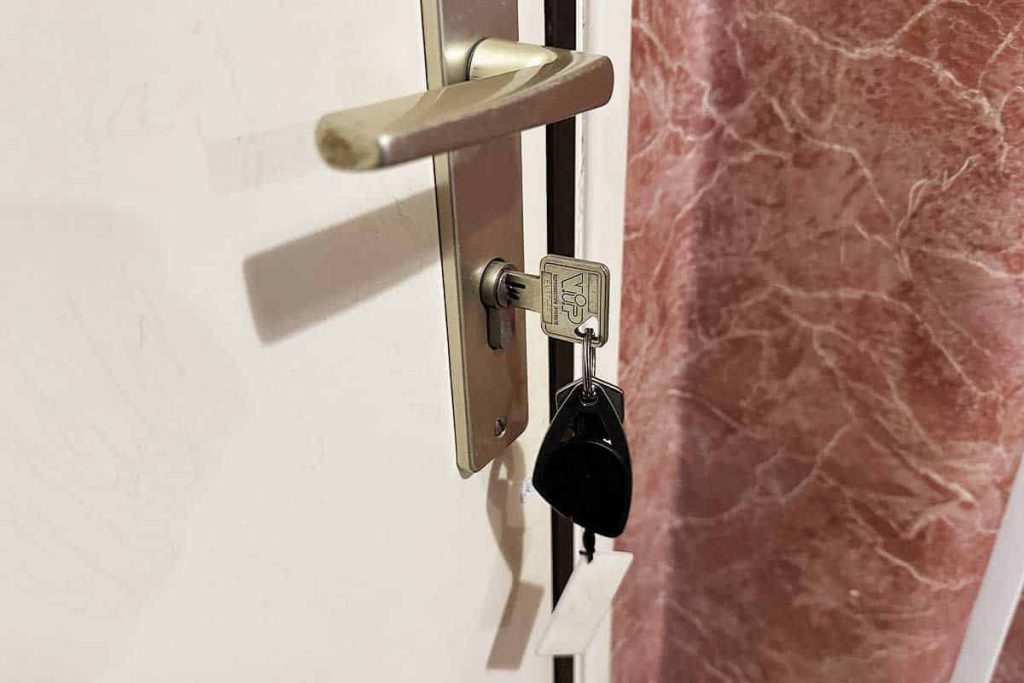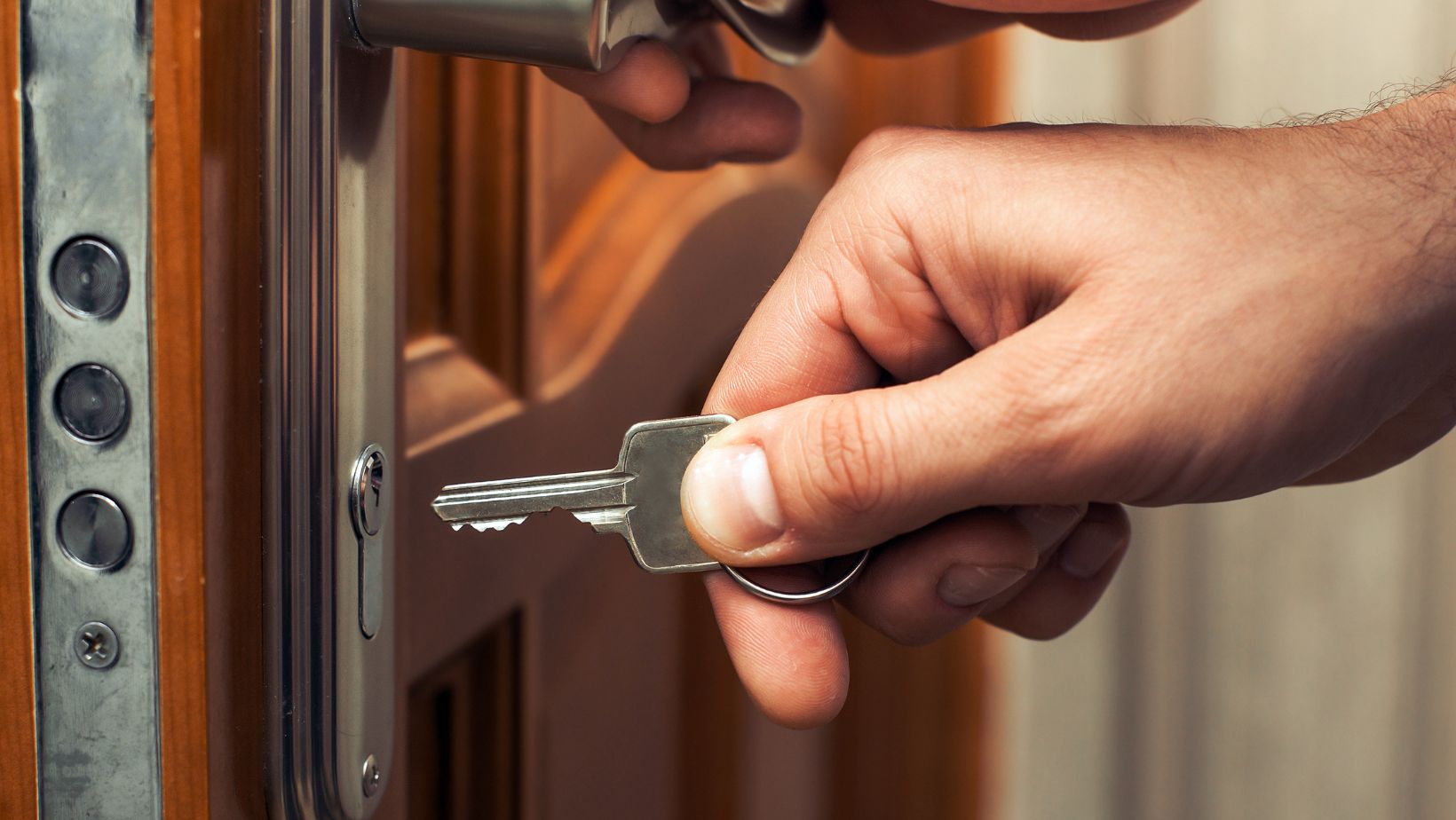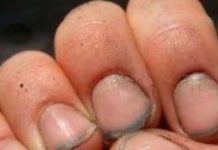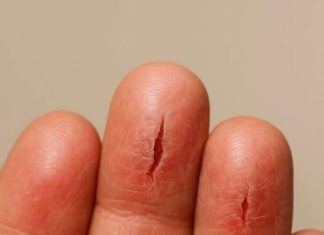A recent article has reignited debate by claiming that leaving your house key in the door overnight is an essential safety measure. According to the piece, doing so allows for faster escape in emergencies and prevents lockouts. However, this advice flies in the face of conventional security reasoning and invites scrutiny from experts and everyday homeowners alike.
Arguments in Favor
Proponents of the idea argue that in the event of a fire or sudden medical emergency, having the key already inserted in the lock allows for swift egress. The reasoning is that scrambling to find keys in the dark can cost precious seconds. For people who sleep in interior rooms or on upper floors, the article suggests that this extra convenience may be a worthwhile safeguard. Another claim is that leaving the key in the door prevents being locked out accidentally, especially if doors auto-lock or if someone forgets keys. In households where late comings and goings are frequent, proponents argue that this small step may reduce the stress of misplacing keys or being locked outside in the middle of the night.

The Counterpoint: Risk of Intrusion
Security professionals overwhelmingly disagree with the practice. The main concern is that leaving a key inside the exterior lock greatly weakens the home’s defenses. Even if the door is locked, a key visible in the lock can tempt intruders or be manipulated via tools through letterboxes or broken panels. Some burglars employ a technique called “fishing,” using long wires through a door’s mail slot or near glass to hook a key or manipulate the lock. In addition, if the door has glass panels, windows, or sidelights, a burglar might break into those areas and reach inside to remove the key. Having the key readily available in the lock essentially creates a shortcut for unauthorized access. In many jurisdictions, such negligence can also have implications for home insurance coverage, as failing to secure your property properly may be cited as breach of policy.
The Practical and Psychological Costs
Beyond security, keeping the key in the door may undermine one’s sense of safety. Households may become complacent or less vigilant about locking doors as a habit, assuming the key-in-door practice suffices. Over time, that complacency can lead to lapses in other security measures—neglecting alarms, windows, or proper locks. Furthermore, in scenarios involving children, pets, or vulnerable residents, leaving a key in the door introduces hazards. Someone inside might accidentally knock the key or turn the lock unintentionally, inadvertently compromising privacy or security.
Emergency Access vs. Security Tradeoff
Supporters of the key-in-door approach argue that emergencies call for immediate egress. But most modern safety codes and security guidelines emphasize that escape routes should remain unobstructed, without compromising the lock integrity. Fire safety typically recommends that interior locking systems be operable from the inside without a key, so that occupants can exit quickly without fiddling with locks. A better compromise may be to install breakaway or fire-rated “releasing” locks that lock automatically but can be released internally without needing a key. This ensures safety without sacrificing the barrier against intrusion.
Best Practices Instead of Key-In-Lock
Rather than leaving keys in the door, here are more secure alternatives:
- Designated key storage: Keep keys in a predictable indoor spot—near your bedroom or a secure drawer—so you can reach them quickly in an emergency.
- Smart locks or keyless entry: Digital systems allow you to exit immediately from the inside while securing the door from outside intrusion.
- Night locking routine: Make locking doors, windows, and activating alarms part of your nighttime ritual to reinforce security habits.
- Interior escape route design: Bedrooms and internal doors should either open outward or allow egress without a key, aligning with fire safety design.

Conclusion: Convenience Isn’t Worth the Risk
While the idea of leaving the key in the door overnight can seem like a shortcut to faster escape, it carries serious security drawbacks. The practice effectively gives would-be intruders an easier access point, undermining your home’s first line of defense. Safe design, smart technology, and consistent habits offer far superior protection—and without sacrificing readiness in an emergency.

















